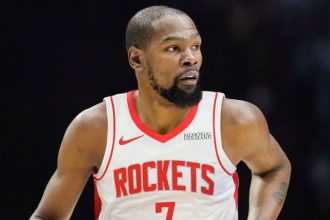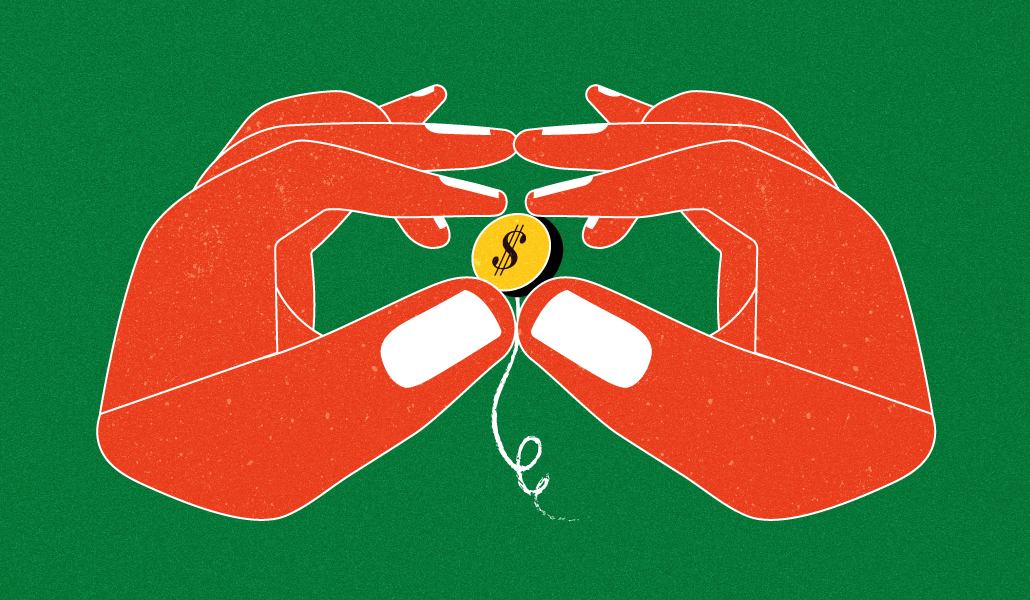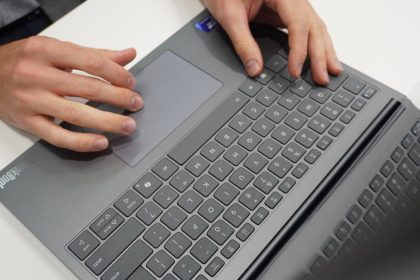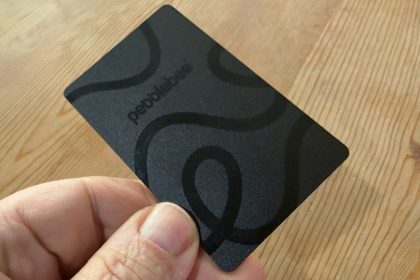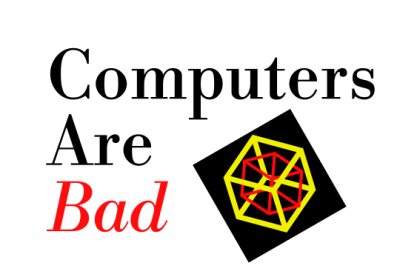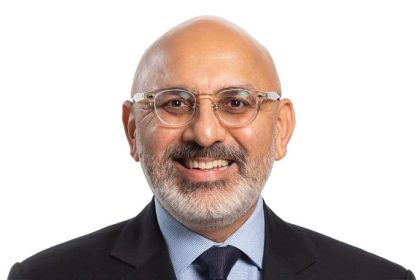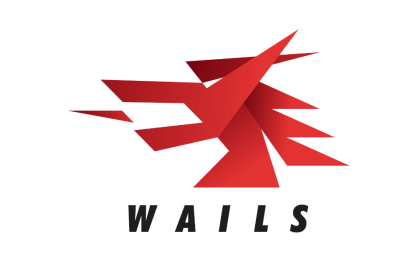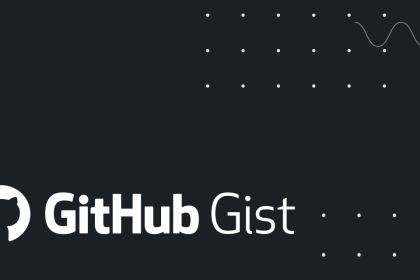By Michael Bürgi • April 8, 2025 •
Ivy Liu
This Media Buying Briefing covers the latest in agency news and media buying for Digiday+ members and is distributed over email every Monday at 10 a.m. ET. More from the series →
Something is amiss in India, when it comes to the media agency landscape.
By now you’ve most likely heard of mid-March raids by the Competition Commission of India’s on the offices of all of the agency holding companies operating in the country, as well as a few independent media agencies. Holding companies raided include GroupM, Interpublic, Omnicom, Publicis, Dentsu and Havas across Mumbai and Delhi.
Published reports indicate the authorities are looking for evidence of collusion and possible price-fixing, due to guidelines that were issued jointly in 2023 and 2024 by the Advertising Agencies Association of India (AAAI) and the Indian Broadcasting & Digital Foundation (IBDF).
The guidelines appear to have overreached in trying to control the undercutting of rates by one agency over another. Here’s an excerpt from the guidelines, which Digiday obtained:
“IBDF has observed that Advertisers are attempting to disrupt status quo by announcing pitches with high frequency, often run by media auditors, whose primary task is to award the business to the Agency that offers the lowest price. These prices are often unattainable and creates significant disruptions when a newly appointed Agency demands rates that are not pre-aligned and outrageous. To discourage any misadventures by Agencies making untenable demands just to win a pitch, IBDF is sending the following advisory that eliminates lower pricing as being the reason to award a pitch.”
Before laying out several steps and forms for agencies to fill out when pitching, the joint guidelines stated:
“The New Advertising Agency pitching for Advertiser’s business will ensure that the rates for the Channel or the bundle of channels that the Advertiser is currently operating upon, will not be lower than the current prevailing rates (i.e. rates prevailing through the erstwhile agency). In other words, the Agency shall not unilaterally offer any discount on existing rates of the channel(s) for the said Advertiser while pitching for business.”
Neither the AAAI nor the IBDF responded to emails seeking comment.
One media consultant who spoke on condition of anonymity, said they saw some first-hand evidence of agencies that agreed on setting pricing thresholds during a pitch to win a new client, which the consultant urged them not to do.
“In one of the global processes that we were running, the media agencies were planning to meet to discuss what pricing to submit for that client,” said the consultant. “That basically means that they were planning to meet and discuss and align on how they were going to respond in terms of pricing. They were told not to do that, by us and by the client. But that was the clearest evidence that I’ve seen of of agencies basically deciding what price the client was going to buy at as a group, rather than it being a competitive process.”
Now, several agencies in India that were not members of the AAAI, are demanding that the association’s leadership step down due to their alleged roles in drafting the guidelines, which sources said are highly unusual for a competitive market, which India clearly is, given the $20 billion the market (the eighth largest according to GroupM’s Business Intelligence unit) is expected to rake in in 2025.
“This is them basically acting as a cartel, because the buyer and the seller were coming together to basically dictate the terms of the media buying and the terms of the contracting process, which I think is just awful,” said the consultant.
One holding company executive, who also spoke on condition of anonymity, agreed, saying “It’s not a fraud issue, it’s a cartel issue. I think everyone has been equally talked to.”
For the record, none of the holding companies would comment on the ongoing investigation to Digiday — except Dentsu, which sources told Digiday was the agency that tipped off the authorities to the alleged price-fixing. Dentsu acknowledged the office raid on March 18-19 in a statement to Digiday, but declined to comment on whether it alerted the authorities.
“Dentsu takes allegations of wrong-doing incredibly seriously. Upholding a trusted relationship with clients is paramount, and every effort is made to ensure business practices do not violate this trust, or the local laws within which they operate. As an organization, dentsu commits to a zero-tolerance approach, and is fully cooperating with the authorities around the investigation.”
One thing most holding company sources agreed on is that, investigation or not, not much will change — besides the likelihood that penalties will be handed out. One report said the formula for penalty is three times the profit for each year during which the alleged wrongdoing occurred, or 10% of revenue for each year of wrongdoing — whichever is higher.
In the end, the holding company exec said this situation will blow over because the holding companies are simply too competitive to collude with each other. “I can assure you, if you know people in our business, we are very competitive,” said the exec. “The last thing I can imagine [agencies] doing is conspiring with each other.”
Color by numbers
As social media takes up more and more of consumers’ time and attention, brands (and their agencies) have jumped on the opportunity to reach and influence them, and get them to shop. Customer engagement platform Emplifi surveyed 1,000 consumers and found brands need to think about immediacy and responsiveness if they’re going to engage with consumers in social-media settings. Some highlights:
70% of consumers will abandon a brand after just two negative experiences, while another 24% will do so after only one bad experience
Half of frequent social media users have made a purchase via social in the past 90 days
64% follow brands for deals
32% expect brands to respond via DM within one hour when they’ve engaged in direct messaging
23% of consumers expect a text response within six hours, 17% expect a response within 12 hours, and 17% anticipate a reply within 24 hours.
Social media users most commonly turn to a brand’s Facebook (55%) and Instagram (47%)
Takeoff & landing
Mekanism merged with Plus-Company owned Canadian agencies Camp Jefferson (a creative and digital agency) and Jungle (media agency) to form Mekanism Canada. The merged company will have offices in Toronto, Montreal and Vancouver.
Tenetic is the name of a new consumer measurement platform that aims to offer insights on trillions of consumer actions for publishers and agencies. It was formed by a rogue’s gallery of measurement veterans led by Circana chair and ex-NPD Group chair Tod Johnson.
Account moves: Stagwell’s Assembly landed global media duties for the Hyatt hotel chain … Horizon Media won Spectrum’s media business … Publicis Media won LinkedIn’s media business, taking it from Dentsu. Publicis Media’s Spark Foundry also landed Abbott Laboratories’ media business, which reportedly was handled by GroupM’s Mindshare … Dentsu’s Carat, meanwhile, picked up media duties for Solo Stove … Independent Mile Marker landed two new clients, Narcan Nasal Spray and laundry detergent sheet maker Earth Breeze.
Direct quote
“Now we have a new tool set that will make it very easy for our clients to participate in the models we’re building at their own discretion, with their own controls in place. And I think that’s an enormous advantage for us. It’s a point of distinction where we want to put our clients in control of how they use their data and how they use AI.”
— Brian Lesser, global CEO of WPP’s GroupM, in discussing the parent company’s acquisition of InfoSum.
Speed reading
Sam Bradley dove into the growing use of probabilistic data for audience targeting, and why that’s gaining favor among media agencies.
Antoinette Siu caught up on the latest developments around TikTok’s possible sale or ban, which was supposed to go down over last weekend.
Marty Swant wrote about Monks’ unusual use of an AI chatbot that’s impersonating the agency network’s co-founder Wesley ter Haar, the WesleyBot, as a recruitment tool.
https://digiday.com/?p=574357
More in Media Buying


